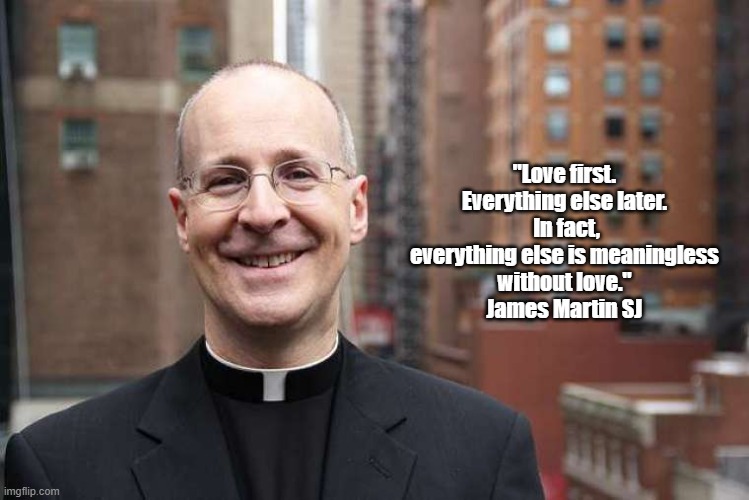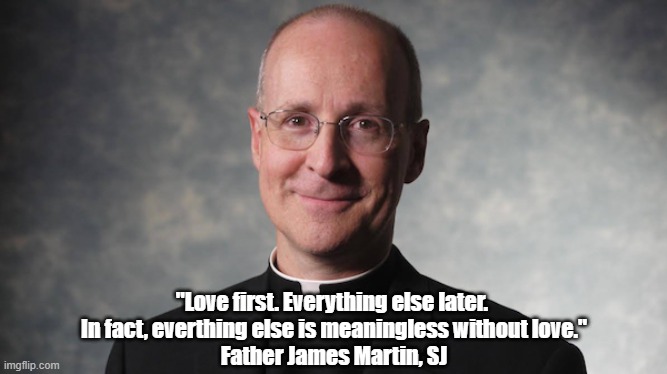Here's an eye-opener by Vance Morgan, a fellow I only "know" from the webpage, Patheos, and whose writing finds me without me seeking him out.
If I recall correctly, Morgan was raised in an evangelical, if not fundamentalist, family.
Excerpt:
"I had heard about “lectio divina,” sacred reading, before I went on sabbatical to a Benedictine college campus with a large abbey on site a decade ago, but it had not struck me as a particularly interesting concept. Just another skill to learn, technique to master, perhaps—but really, I thought, if there’s one thing I know how to do pretty well, its reading. After several weeks of daily prayer with the abbey monks, it dawned on me that lectio divina isn’t about words and meaning and retention at all.
I often found that I did not remember, even for the amount of time it took to walk from the choir stalls to the front of the abbey and exit, which Psalms we had read nor any of the content. Yet I had a sense that what we were doing was far more important than reading a book, marking it with highlighter and pen in my usual method, and perhaps memorizing a phrase or two for future reference in class or conversation.
What was happening in the choir stalls was not a mind event, but a full body experience bypassing my overdeveloped mind and seeping into all the other parts of me that had been starved for years. My bodily rhythms, my intuitions, my emotions, my spirit. The Psalms speak of God’s word all the time, but almost never of thinking about God’s word."
Excerpt 2:
"In our “real world” of immediacy, getting it done, making money and a living, is there a place for what I began to absorb in a monastery abbey in the middle-of-nowhere Minnesota? Over the subsequent years I’ve seen small but important evidence of change in how I converse with people, how I approach the day, and a heightened and more immediate sense of when a layer is threatening to grow back over my divine reading space.
Learning how to read differently is not just another technique; because it is a new way of being, it is transferable to everything. I went on sabbatical expecting to write about trying to sustain a life of faith when God at best is a silent partner who never writes, calls, emails, texts or tweets. Now the divine is everywhere and seems to have a lot to say. Reading the divine begins with believing that everything is sacramental, infused with the breath of God, with taking “the Word became flesh” very seriously. All of creation is a sacred text. What are you reading?"



No comments:
Post a Comment